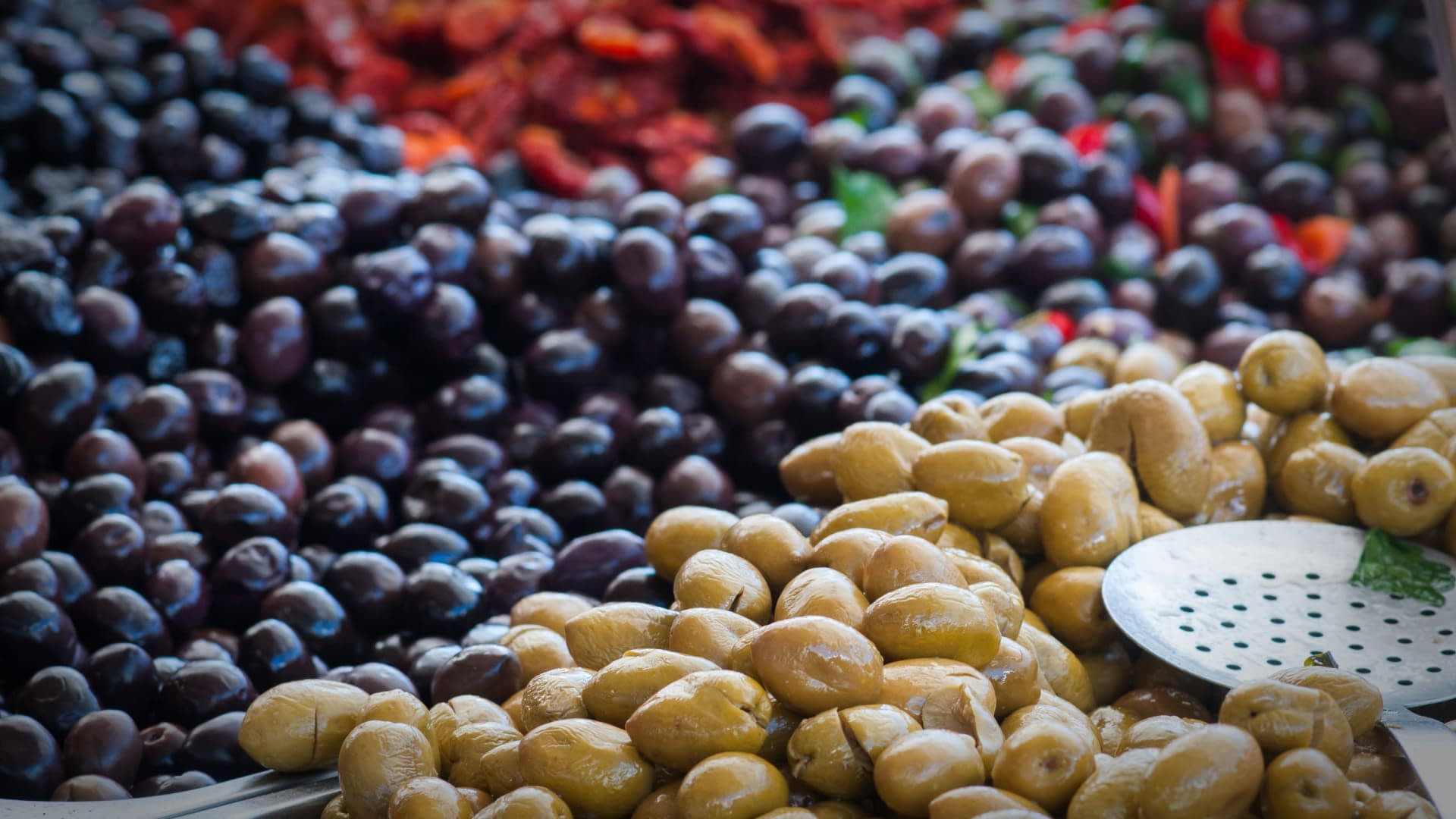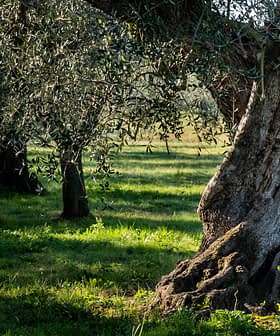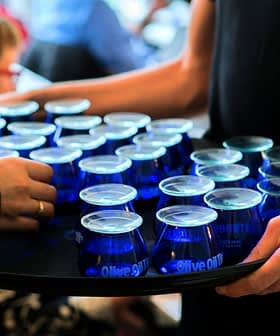Spain Tackles the Salty Truth About Table Olives

Researchers in Spain are working to reduce sodium usage in table olive production through new techniques and guidelines that aim to create a healthier product with lower salt levels. The project, launched in 2023, is focused on developing methods that will not only benefit public health by aligning with WHO recommendations, but also reduce environmental risks associated with the olive industry’s high salt usage.
A research initiative in Spain comprising scientists from the Andalusian Institute of Agricultural and Fisheries Research and Training (IFAPA) and members of the olive industry is attempting to develop viable methods for reducing sodium usage in table olive production.
The project, launched in 2023, seeks to formulate guidelines for olive processing that significantly reduce salt levels. This would reduce effluent contamination while generating a healthier product closer to the World Health Organization (WHO) salt consumption recommendations.
New techniques are being researched and trialed to achieve this goal. The Andalusian regional government plans to publish the results on its website.
See Also:Health NewsAt the beginning of December, a series of conferences was held in the municipality of Arahal, Seville, in which the results of tests carried out with olives from the previous season were presented and evaluated.
The main topic of the discussion was the challenges posed by reducing the use of salt during the brining process.
In addition, a tasting session of seasoned olives fermented in low-salt brines was held, allowing the participants to assess the results of various techniques from a consumer’s perspective.
Salt plays an integral role in the production of table olives, with 6.6 metric tons being used per 1,000 tons of olives, serving as a key component of the fermentation and preservation processes.
Fermentation involves managing saline solutions and pH levels to encourage beneficial microbial activity.
The process passes through distinct phases, starting with the initial pH reduction by gram-negative bacteria and culminating in the dominance of lactobacilli, which stabilize the product.
Maintaining proper salt concentrations prevents spoilage, such as the Zapatera effect caused by improper fermentation. This effect is so named because it has a distinctive odor akin to wet shoe leather.
However, its use entails environmental risks, as brine waste is a major pollutant. Industrial discharges have particularly affected the Guadaíra River in Andalusia, resulting in ecological damage such as mass fish deaths and foam pollution. The high salinity and organic load in olive-processing effluents make the industry a focal point for environmental concerns.
See Also:Labor Shortage Cripples Spanish Olive HarvestTable olives constitute the highest export volume among Spanish preserved vegetable products and the highest volume by domestic consumption.
Table olives contain approximately four grams of salt per 100 grams of product. Current WHO guidelines recommend a daily sodium intake below two grams, the equivalent of five grams of salt.
From a health perspective, this significant sodium content contributes to excessive daily intake, which is associated with hypertension, cardiovascular diseases and other health risks.
With nearly 16.5 percent of Spain’s population experiencing hypertension, reducing sodium in food products such as olives is seen as a public health priority.
Most current techniques for producing reduced-sodium table olives involve partially replacing sodium chloride with alternative salts such as potassium chloride or calcium chloride.
Calcium chloride, in particular, is noted for imparting additional bitterness to an already bitter product.
Given the Spanish population’s widespread and well-established consumption of olives, such defects are widely deemed unacceptable despite the potential environmental and health benefits.







